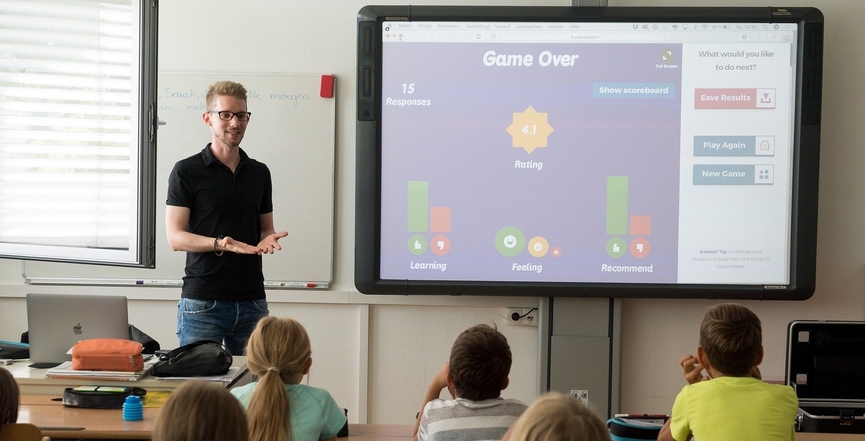There are many people who claim teachers are overpaid and enjoy too much vacation time. But what many people don’t know is that Canada has one of the strongest education systems in the world.
The OECD published a report in 2018 placing Canada in eighth place in the world in math, science and reading. We beat 76 other wealthy, industrialized countries, including Germany, Finland, Taiwan, Sweden and the United States. In reading skills, Canada came sixth place, beating Japan and South Korea. Compared to their provincial peers, 15 year-olds in Ontario scored the Canadian average or above average in reading, math and science in 2018.
One reason why Canada scores high grades in global rankings is because good teacher salaries have attracted intelligent, hard-working professionals who fiercely compete to enter teacher’s college to attain a good position in the public education sector. If you pay teachers less, you will attract less qualified and committed candidates to the profession. Free market thinkers like the Fraser Institute defend million-dollar incomes, claiming they attract highly-skilled, hard-working applicants. If that’s the case, why don’t they use the same line of reasoning with teachers?
Despite Canada’s strong academic performance, conservatives always seem to believe teachers are overpaid, regardless of their job performance. But what is the right salary for a teacher? Where do you draw the line?
Teacher salaries in several U.S. states have fallen over the last 20 years. Teacher pay dropped by 11.7 per cent in Arizona, 11.3 per cent in Florida and 11 per cent in West Virginia from 1999 to 2018. Anyone watching their salaries get slashed by 10 per cent over 20 years is going to suffer a drop in morale. To make things worse, teachers have to spend an average of US$500 a year on classroom supplies like chalk, crayons and markers. Some teachers reported spending up to US$2,000 on supplies. US$2,000 on supplies is nearly 6 per cent of a US$35,000 per year income — a huge expense. A survey last year found 50 per cent of American teachers are seriously considering leaving their profession, citing pay as the number one reason.
States that spend little on teacher salaries also tend to spend little on students. If you look at the 10 U.S. states with the lowest teacher pay in the country, it correlates with low spending per student. Those low-paying states spent an average of US$9,215 per pupil in 2018. Compare that to the 10 U.S. states with the highest teacher salaries, which spent an average of US$17,792 per pupil — almost double. High teacher salaries are an investment in children’s education and future.
Why then does Ontario Premier Doug Ford want to increase class sizes, introduce mandatory online learning, cut optional courses and force other changes that appear to do little to improve student academic performance? Many experts believe Ford’s agenda will worsen Ontario’s academic performance. This is quite the contrast from the man who promised to make sure the students “get the best education they can.” Make no mistake about it, Ford’s goals are not to improve student grades, but to simply cut costs and weaken public education.
This strategy could be a part of an unwritten, long-term goal to financially starve the public education sector, forcing parents to spend thousands of dollars per year enrolling their children in expensive private schools. Both Education Minister Stephen Lecce and his parliamentary assistant Sam Oosterhoff have little-to-no experience in the public-school system. Lecce attended a private Catholic school and Oosterhoff was home-schooled.
Companies invest in Canada to access a highly educated workforce. Ford’s education cuts will only hinder our competitive advantage in the global economy. Ford’s education system will prepare students to work in low-skill occupations. But if we continue to focus on developing a highly educated workforce, we will attract engineering, IT, scientific and other high-salary occupations. Let’s hope the teachers’ unions can convince the public to go with the second option.
Greg Dwulit works in the non-profit sector in the Toronto area. He has an MBA from the Lazaridis School of Business and Economics.
Image: Pixabay/Steve Riot




